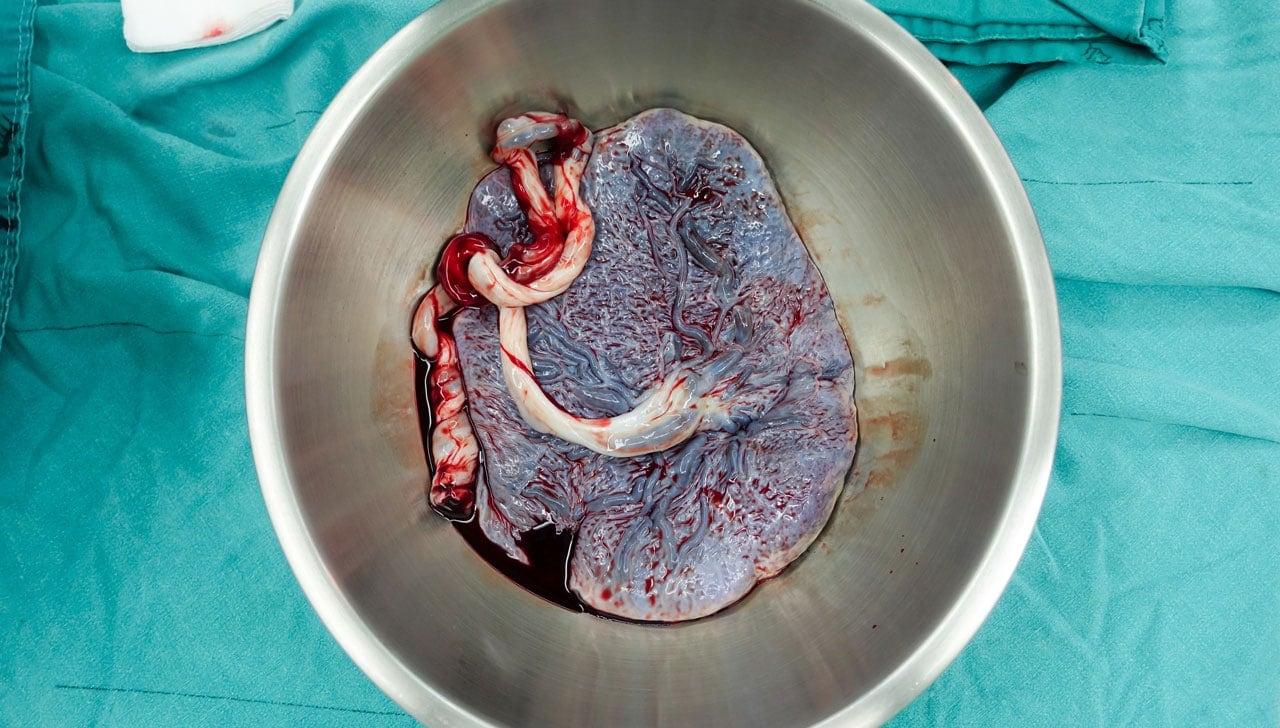Your mucus plug is a protective collection of mucus in the cervical canal. During pregnancy, the cervix secretes a thick, jelly-like fluid to keep the area moist and protected. This fluid eventually accumulates and seals the opening of your cervix, creating a thick plug of mucus. The mucus plug acts as a barrier and can keep unwanted bacteria and other sources of infection from traveling into your uterus. Before labor, this mucus plug is expelled allowing the baby to pass through the cervix during labor and birth.
How Soon After I Lose My Mucus Plug Will Labor Begin?
Passing a mucus plug is a sign that your cervix is dilating and that your body is preparing for birth. Labor could be hours, days, or even weeks away as the cervix gradually opens. Be on the lookout for first signs of labor.
What Does a Mucus Plug Look Like?
The mucus plug is usually clear, slightly pink or blood-tinged in color. The mucus plug can be stringy mucous or sticky discharge. Some women might not notice the loss of their mucus plug since there is already an increase in vaginal discharge during pregnancy. For some women, it comes out all at once. For others, it comes out gradually and you may not even know it. You many only see it when wiping after going to the bathroom.
How Do I Know When I’ve Lost My Mucus Plug?
Most women don’t lose their mucus plug until after 37 weeks of pregnancy. In some cases, it happens days or weeks before your baby’s due date. Some women don’t lose mucus plug until they’re in labor. If you lose yours sooner than 37 weeks of pregnancy, contact your healthcare provider as a precaution.
When Should I Call My Health Care Provider?
You should call your healthcare provider immediately if your discharge suddenly becomes bright red and the amount of discharge exceeds an ounce (about two tablespoons), indicating the possibility of a complication such as a placenta previa or placental abruption.
If you notice any other changes in your vaginal discharge or you think that you may have a yeast infection during pregnancy, make sure you talk to your healthcare provider.
Want to Know More? Read the Following Articles:
Compiled using information from the following source:
Pregnancy, Childbirth and the Newborn: The Complete Guide. Simkin, Penny, P.T., et al, Ch. 9.






